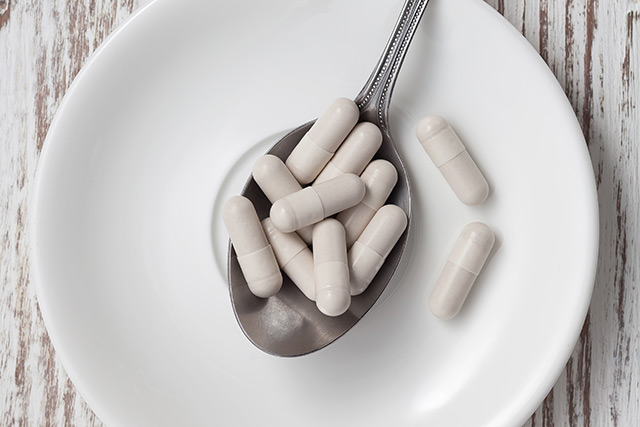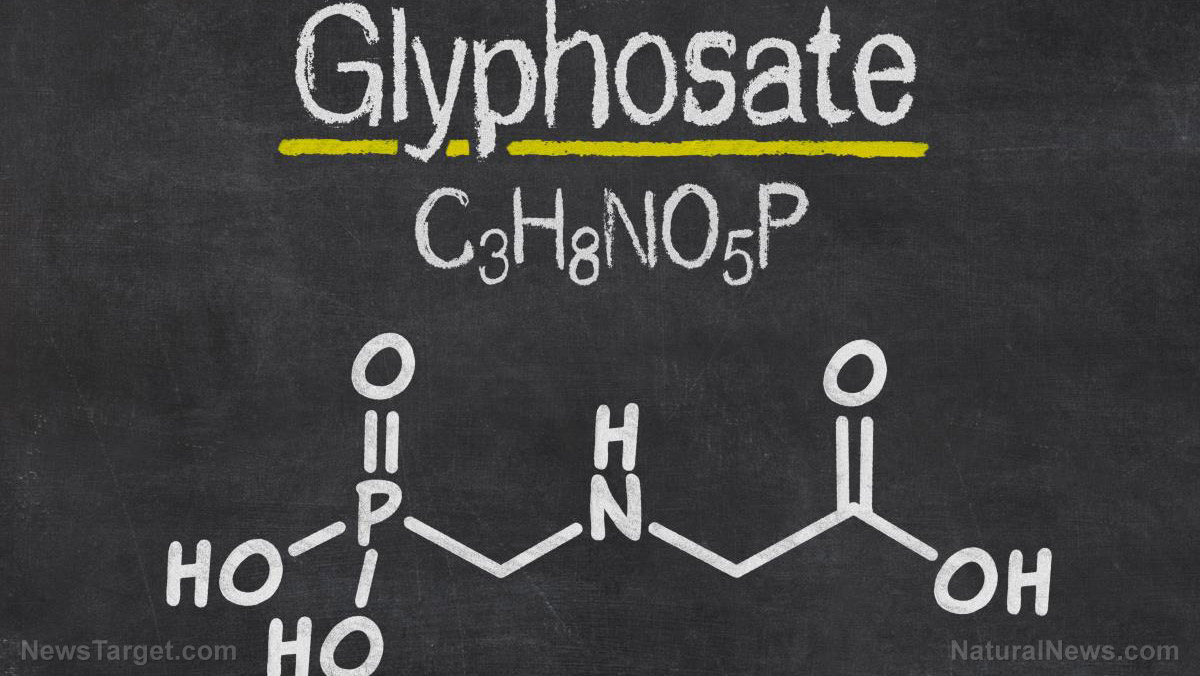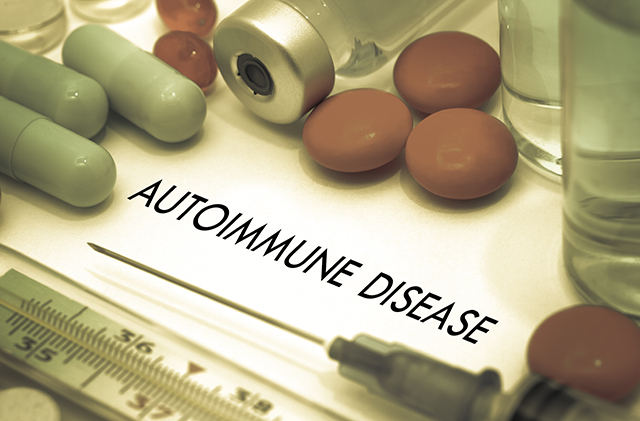The master antioxidant: Boost your intake of glutathione to lower your risk of some chronic health issues
11/16/2020 / By Michael Alexander

If there’s an antioxidant the body needs more of, it’s glutathione.
An antioxidant produced in cells, glutathione is composed largely of the amino acids glutamine, glycine and cysteine. Glutathione benefits the body by neutralizing free radicals, supporting the immune system and detoxifying the liver. It’s for these reasons that many experts call it the “master antioxidant.”
Despite its profound benefits, however, glutathione levels decline with age. This decline is exacerbated by a number of factors, such as poor nutrition, environmental toxins and stress. Hence, people — especially older adults — need to include nutritious and antioxidant-rich foods in their diet to maintain healthy antioxidant (and glutathione) levels.
According to science, glutathione is linked to the following health benefits:
Glutathione helps reduce oxidative stress
A potent antioxidant, glutathione helps reduce oxidative stress which, if left unchecked, could lead to the development of chronic diseases like cancer.
In fact, according to an article published in the journal Oxidative Medicine and Cellular Longevity, glutathione can induce apoptosis, or cell death, in some cancer cells, leading researchers to think that it can be used in anti-cancer therapies.
Glutathione helps improve insulin sensitivity in older adults
Aside from helping combat oxidative stress, researchers at Baylor School of Medicine found that glutathione also plays a role in weight management and insulin sensitivity, specifically in older individuals.

According to their study, older subjects who had their glutathione levels spiked through dietary supplementation showed improvements in both insulin sensitivity and fat burning.
Glutathione helps manage the symptoms of Parkinson’s Disease
According to several studies, glutathione helps alleviate symptoms of Parkinson’s Disease, such as tremors and rigidity.
Parkinson’s disease is said to be triggered by the selective degeneration of dopaminergic neurons in the part of the brain that’s responsible for movement. These neurons are susceptible to oxidative damage caused by a combination of aging, decreasing glutathione levels, dopamine metabolism and excessive free radical production.
But according to recent studies, oxidative stress, which is damaging to neurons, can be effectively reduced by increasing the levels of glutathione in the body. Through its antioxidant properties, glutathione can protect dopaminergic neurons from harmful oxidation and slow their degeneration. This also helps slow down the progression of Parkinson’s disease.
Other health benefits associated with glutathione include:
- Management of respiratory diseases
- Reduction of the effects of uncontrolled diabetes
- Protection from alcoholic and nonalcoholic fatty liver disease
- Management of psoriasis
- Increased mobility for people with peripheral artery disease
However, while the average American is advised to consume about 250 milligrams (mg) of glutathione per day, most people only get about 35 mg from their daily diet. (Related: Can Lactobacillus fermentum, a “good” bacteria, address glutathione deficiency?)
To avoid glutathione deficiency, you can add the following foods to your regular diet:
- Organic fruits, such as melons, lemons, bananas, grapefruit, peaches, mangoes and strawberries
- Organic vegetables, such as asparagus, cucumbers, bell peppers, cauliflower, garlic and spinach
- Free-range, organic eggs
- Organic whey protein
As noted by medical experts and dietitians, it is better to eat these organic foods in their raw and unprocessed forms whenever possible, especially since cooking can deplete their glutathione content.
In addition, you should try to minimize stress and your exposure to synthetic cleaning agents and environmental pollutants since these can further reduce your body’s glutathione stores.
Glutathione is one of the most potent antioxidants you can add to your diet. Not only is it valuable in the fight against certain cancers, but it also helps the body fend off other chronic illnesses. Just make sure to get your glutathione from whole food sources so you can fully enjoy its health benefits.
Sources include:
Submit a correction >>
Tagged Under:
#nutrition, aging secrets, alternative medicine, anti-aging, antioxidants, disease treatment, food is medicine, Glutathione, immune system, longevity, natural medicine, nutrients, prevention, supplements
This article may contain statements that reflect the opinion of the author




















